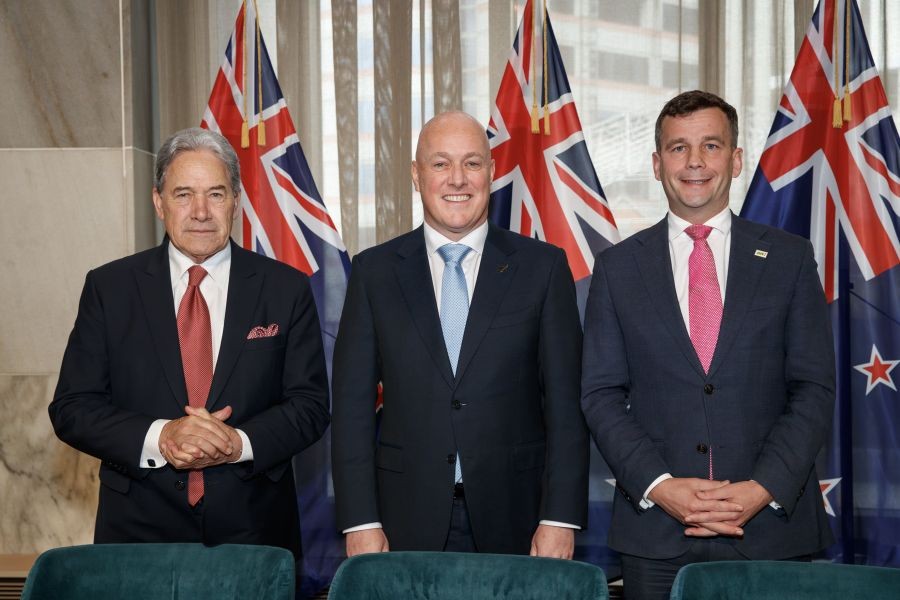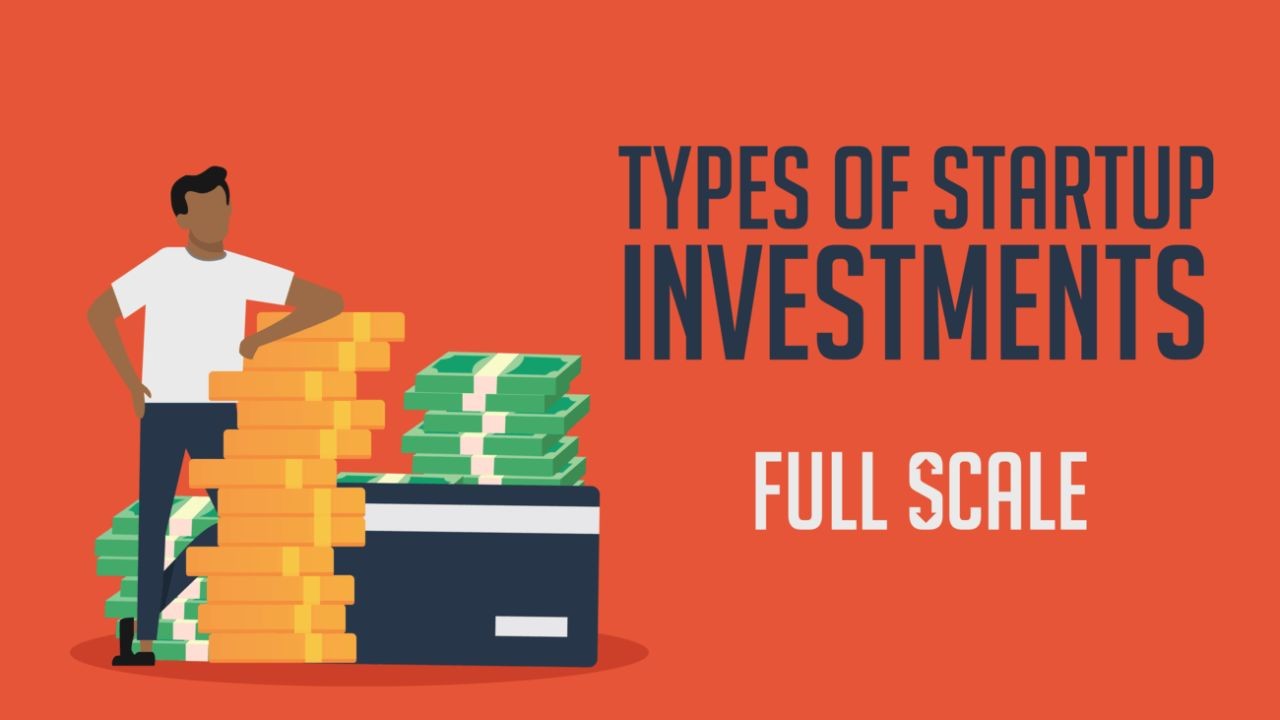In the heart of Australia's dynamic economy, budgeting is an essential skill that many Australians struggle with, despite its critical importance. As the country grapples with economic fluctuations, understanding why budgeting often fails can offer insights into broader financial trends and individual financial resilience. This article delves into seven key reasons why most Australians fail at budgeting, backed by data from authoritative sources and real-world examples. Our exploration will also highlight the implications for policy makers and climate policy analysts.
1. Overreliance on Credit
Many Australians have increasingly relied on credit, neglecting the long-term impacts on their financial health. According to the Reserve Bank of Australia, household debt as a percentage of disposable income has risen significantly, reaching 180% in 2023. This reliance creates a false sense of financial security, leading individuals to overspend and under-save. The challenge is compounded by the availability of easy credit options, which often disguise the true cost of borrowing.
Case Study: The Credit Trap
Consider the case of a middle-income family in Sydney, where a tendency to rely on credit cards for everyday expenses led to a debt spiral. Despite having a stable income, the family found themselves struggling with repayments and interest, which consumed a significant portion of their monthly budget. This scenario is emblematic of a broader trend where short-term convenience overshadows long-term financial planning.
2. Lack of Financial Education
The absence of robust financial education in schools and workplaces leaves many Australians ill-equipped to manage their finances effectively. A study by ASIC revealed that only 35% of Australians are confident in their financial literacy, highlighting a significant gap in understanding budgeting basics. For policy analysts, this presents an opportunity to advocate for comprehensive financial education programs that can empower individuals to make informed financial decisions.
Pros and Cons of Financial Education Initiatives
- Pros: Improved financial literacy can lead to better personal financial management and economic stability.
- Cons: Implementing widespread education programs requires significant investment and time.
3. Economic Pressures and Living Costs
Australia's high cost of living, particularly in urban centres, exerts pressure on household budgets. The Australian Bureau of Statistics reports that the Consumer Price Index rose by 6.9% in 2023, driven by housing, education, and healthcare costs. This rise means that even well-planned budgets can be stretched thin, leading to financial stress and the temptation to deviate from budgetary constraints.
Future Trend: Rising Costs and Its Implications
As living costs continue to rise, there is increasing pressure on policy makers to address affordability issues. Climate policy analysts can play a role in advocating for sustainable urban planning and energy-efficient housing, which can help mitigate these pressures.
4. Lack of Budget Discipline
Maintaining budget discipline is a challenge for many, with impulse spending being a common pitfall. The "buy now, pay later" culture has exacerbated this issue, as highlighted by a 2023 survey from the University of Sydney, which found that 42% of Australians have used BNPL services. While convenient, these services can lead to overspending and budget blowouts.
Contrasting Viewpoints: BNPL Services
- Advocate View: BNPL offers flexibility and immediate access to goods.
- Critic View: Can lead to financial mismanagement and debt accumulation.
- Middle Ground: Responsible use with clear repayment plans.
5. Unforeseen Expenses
Unexpected expenses, such as medical emergencies or vehicle repairs, can quickly derail a budget. Without an adequate emergency fund, individuals may resort to high-interest loans to cover these costs. The Reserve Bank of Australia emphasizes the importance of saving for emergencies, yet many Australians lack the financial resilience to weather such events.
Solution: Building an Emergency Fund
Establishing a dedicated savings account for emergencies can provide a financial buffer. Analysts recommend setting aside at least three to six months' worth of expenses, a strategy that requires careful planning and budget adjustments.
6. Failure to Adjust Budgets
Budgets are not static and should be adjusted to reflect changes in income, expenses, and life circumstances. However, many Australians fail to regularly review and update their budgets, leading to misalignment with their financial realities. The Australian Treasury highlights this as a critical oversight, especially in an economy subject to rapid changes.
Action Plan: Regular Budget Reviews
Scheduling quarterly budget reviews can help individuals stay on track and make necessary adjustments. This practice can be supported by using budgeting apps or financial planning services, which provide tools for efficient budget management.
7. Ignoring Long-term Financial Goals
Focusing on immediate financial needs often takes precedence over long-term planning, a trend evident in Australia's saving patterns. Research from the Reserve Bank of Australia indicates that the national saving rate has declined, with more Australians prioritizing consumption over savings.
Case Study: The Long-term Savings Challenge
An Australian couple in their 40s struggled to save for retirement due to a focus on current lifestyle expenses. By reassessing their priorities and setting clear financial goals, they successfully increased their savings rate, demonstrating the importance of long-term financial planning in achieving financial security.
Common Myths & Mistakes
Several misconceptions about budgeting persist, contributing to widespread financial mismanagement. Here are a few:
- Myth: "Budgeting is restrictive." Reality: Budgets provide freedom by ensuring money is spent on priorities.
- Myth: "I don't earn enough to budget." Reality: Effective budgeting is crucial regardless of income level.
- Myth: "Only financial experts can budget effectively." Reality: Basic budgeting skills are accessible to everyone through education and tools.
Future Trends & Predictions
The future of budgeting in Australia will likely see increased integration of technology, with AI-driven budgeting tools offering personalized financial advice. The Reserve Bank of Australia predicts that digital financial services will become more prevalent, providing individuals with better tools to manage their finances.
Conclusion
Understanding the reasons why most Australians fail at budgeting is crucial for policy makers, financial planners, and individuals alike. By addressing these issues through education, policy changes, and technological innovation, it is possible to enhance financial literacy and resilience. For climate policy analysts, these insights underscore the importance of sustainable economic planning that supports both individual financial health and broader economic stability.
People Also Ask
- How does budgeting impact financial stability in Australia? Budgeting helps Australians allocate resources efficiently, promoting financial stability by minimizing debt and encouraging savings.
- What are the key challenges in budgeting for Australians? Challenges include high living costs, lack of financial education, and failure to adjust budgets regularly.
- What strategies can improve budgeting success in Australia? Implementing financial education programs, using budgeting apps, and conducting regular budget reviews can enhance success.
Related Search Queries
- Australian budgeting tips
- Household debt in Australia
- Financial literacy programs in Australia
- Cost of living in Australia 2023
- Impact of BNPL on Australian economy
- Emergency savings strategies
- Future of digital financial services in Australia
- Long-term financial planning tips
- Adjusting personal budgets
- Financial resilience in Australia

































arronbuckland
6 months ago